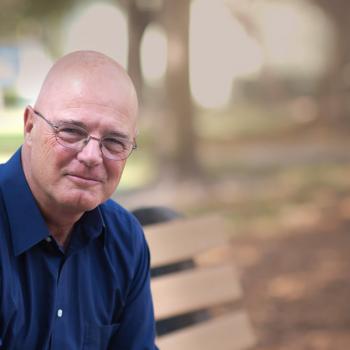As I’ve written about elsewhere (especially in Why Did Jesus, Moses, the Buddha, and Mohammed Cross the Road), a lot of us are infected with CRIS – conflicted religious identity syndrome. The subtitle of A Generous Orthodoxy demonstrates an advanced case of CRIS.
The syndrome extends beyond Christianity, of course. Even SBNR’s (Spiritual But Not Religious) aren’t satisfied with that label, as a fascinating article by Frederic and Mary Ann Brussat explains. They are working with Rabbi Rami Shapiro and others to serve “seekers without borders” whom they call “spiritual independents.” They explain:
In an attempt to label them, two terms have emerged: “Spiritual But Not Religious” (SBNRs) and “Nones.” We don’t like either term. They categorize people by what they are not. We are interested in who they are.That’s why we like the term “spiritually independent.” It was coined by Rabbi Rami Shapiro in his forthcoming book Perennial Wisdom for the Spiritually Independent. He’ll be leading an e-course on “The Way of the Spiritually Independent” for Spirituality & Practice in September. You can read more about it and sign up here:
http://www.SpiritualityandPractice.com/SpirituallyIndependentShapiro likens the spiritually independent to the politically independent. The politically independent find good ideas and policies in different political parties and choose not to join one in particular. They are less interested in where ideas come from than in how they contribute to creating the world they want to see.
Similarly, the spiritually independent person seeks out wisdom from many sources: the religions, the sciences, the arts, the humanities, the popular culture, the Internet and social media. They are less concerned with where the wisdom comes from than in its capacity to make them more compassionate, just, and awake to the unity of all life.
Carl McColman (who self-identifies as SWAR – Spiritual While Also Religious) responded to the article and suggested the term “Spiritual Creatives.”
All these conversations are evidence that religious identity is in flux … No doubt, that flux could be problematic and many will see it as a danger and threat. But it could also be creative … if we believe the wind of the Spirit is still “blowing where it will.”











